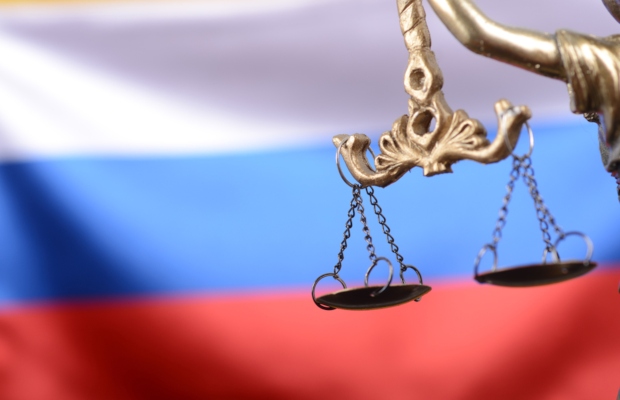Because of the current situation in Ukraine, the media publishes a significant amount of information on intellectual property that is frequently inaccurate or plain misleading. This is understandable since any significant occurrence may send shockwaves through the media, and people might voice differing perspectives based on facts or what they believe to be truths.
Russia has been sanctioned by certain nations. Russia, for its part, referred to them as “unfriendly” countries. The sanctions have a negative impact on the Russian economy. The Russian government replied by adopting some steps that may be interpreted as unfriendly as well.
The truth about the unauthorized use of IP with “0” compensation news in Russia
Article 1362 of the Civil Code in Russia provides for a compulsory license if the innovation is not used, or is employed insufficiently, during a four-year period to meet the demands of consumers. This provision actually duplicates relevant provisions of the Paris Convention (Article 5 – Each country shall have the right to grant compulsory licenses to prevent abuses…), TRIPS (Article 15 allows the government or third parties to use patents without the authorization of the patent holder if national law allows), and PLT (each contracting party shall comply with the provisions of the Paris Convention – a circumstantial provision allowing compulsory licenses).
In Russia, Article 1362 has remained inactive for a long time. The year 2019 marked the start of a global Covid-19 epidemic. Covid caused thousands of fatalities in Russia over a lengthy period of time. When the situation grew extremely critical two (!) years later, the government enacted Decree 1767 dated October 18, 2021, requiring the payment of compensation in the amount of 0.5 percent of the permissible user’s income for the use of inventions. The ruling was based on Article 1360 of the Civil Code, which allows the use of an invention in a case of exceptional urgency in the interests of national security, health, and life.
The Decree did not specify the kind of patents that may be utilized, but it was evident that the Decree was created to resist the Covid effects. Following that Decree, a permit was given enabling the use of many inventions employed in the creation of a medication. That was and still is the sole example of unlawful usage with a 0.5 percent reimbursement. Because of the Covid situation, the permit was granted for one year and afterward extended for another year.
Russia launched a special military campaign in Ukraine towards the end of February 2022. We will not dive into the reasons behind this, but many nations have participated in imposing economic sanctions on Russia. In response, Russia compiled a list of “unfriendly” nations against whom punitive actions were implemented. A governmental Decree No 299 dated March 6, 2022, is one of these initiatives.
It deals with the same “extreme urgency” scenarios and creates “0” compensation for the use of a patent without the authorization of the patent owner if he is “associated” with a nation that has taken acts of aggression against Russia. The types of patents were not stated, as they were in Decree No 1767. Nonetheless, it is evident that there is only one circumstance in which this measure may be used.
It is significant to remember that both decrees address the amount of compensation that will be paid (or not paid) in the event that the government grants a special authorization to utilize an invention under exceptional circumstances. The decisions themselves do not grant a broad license to exploit any patent.
We don’t know if additional IP will be allowed to be used without the consent of the IP owner, but the government appears to be taking its time developing that practice.
Despite this, a single incidence of illicit use of IP with “0” recompense sparked a flood of articles in the English-language media:
The list of Russia IP Firms can be found here.
